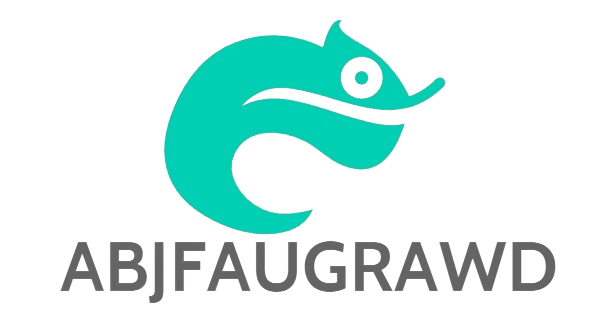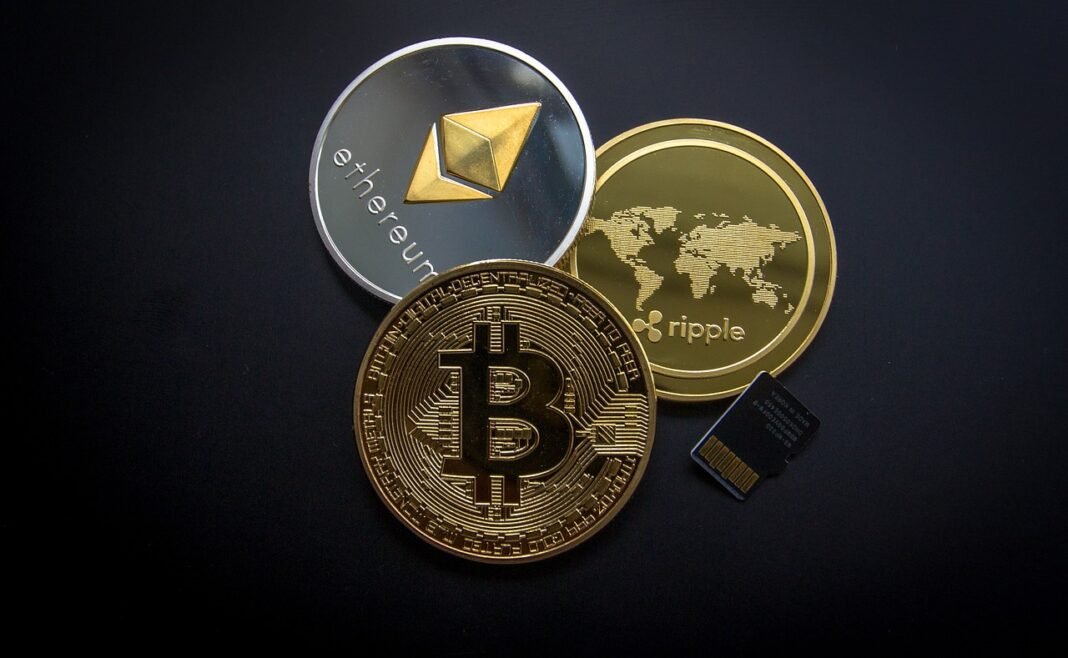
Hotly debated by the media, millennials area lot of things: from the generation of 'me me me' which obsessive about social media, to the people who hop jobs all too often. But, generally they aren't thought of as a generation of investors.
One from the explanations for this would be that the need for instant gratification often related to this generation also extends to their savings.With millennials putting money aside for holidays and short-term goals, rather than saving for their retirement. Because the more 'traditional' goals of the parents – such as marriage – don't interest them in the same manner investing is just not as much of a priority. What's more, as numerous was raised during the economic crisis and saw their parents suffer there is a more risk-averse attitude.
So it's really no massive surprise that just 1 / 3 of millennials currently invest in the stock exchange. Deloitte predicts that by 2022, aggregated net worth of millennials around the world is set to develop close to $19 – $24 trillion meaning that the industry urgently must have them on board.
The media has endless suggestions as to why millennials don't save their cash. But, we need to move on from understanding it to locate a solution that will encourage millennials to save for his or her retirement, as well as ensuring the sector's own survival.
The fintech effect
The need to better engage this generation is particularly pertinent for asset managers because the fintech industry is increasingly nipping at their heels.Millennials are particularly available to using technology to handle their finances. Arguably this 'competition' is only going to intensify when Generation Z – the generation to possess never known a global without internet – reach investment age.
Asset managers that fail to adapt business and operating models to draw in the following generation of wealth may risk losing a substantial pool of future investments. Encouragingly, the industry has woken up to this need, with Wealth-X discovering that 81% of managers want to become more attractive to the younger generations.
Always on
For many millennial technologies have been present throughout a lot of their lives and thus using technology to learn comes more naturally to millennials than a number of other generations. So, is that this the solution?
Gamification, based on Merriam Webster as “the process of adding games or game-like elements to something so regarding encourage participation” may be one of the ways for asset managers to interact and educate future investors.
In fact, one startup, Bux, has already been applying games to create investing in the stock market easier, and much more fun. The app, that has over a million users, gives people the chance to trade in 'funBUX' to test their hand at trading without any risk involved. Once players have experienced an idea from it, they can start trading with real cash. The advantage to millennials is that it can serve as an educational tool to allow them to find out about trading without feeling overwhelmed by the real stock market.
Surveys are out; games have been in
Games can also be a lot more instinctive and at simulating actual life experiences compared to questionnaires which are frequently used to know an investors profile.
Neuroprofiler is one example of a danger profiler that utilizes gamification techniques to assess an individual's investor profile. The possibility investor plays a 5-minute interactive game where they make choices from different scenarios. Through this they're allotted to different profiles depending on the results from the game, meaning they're given more tailored products, as opposed to a one-size-fits-all investment option. For millennials, this personalisation is especially essential as generic versions of merchandise will notwork for a generation which has the choice to customize so many aspects of their lives.
Make it visual
Games not just help you to gather information but also help people visualise scenarios, using the additional advantage of having the ability to add various information to work out different potential outcomes.
This is exactly how gamification can sort out pensions – by bringing it alive. With retirement seemingly to date away, many people, and particularly millennials, find it difficult to comprehend the relevance of their pension savings for their life right now. But everyone gets old, and even if the concept of retirement isn't one they want to grapple with at the moment, most realize that they want to stop work at some time.
To capitalise about this interest, at LifeSight we come up with 'ageOmeter'.
This is a simple online tool which educates members on the age where they can afford to take their pension savings, and how they can influence that age through contribution and investment decisions. We found this helps engage people with their retirement savings, because being said can afford to retire at 61 means something whereas being told you have a fund worth of lb250,000 when you're 65 doesn't.


